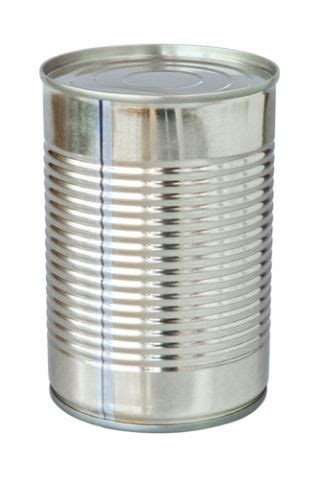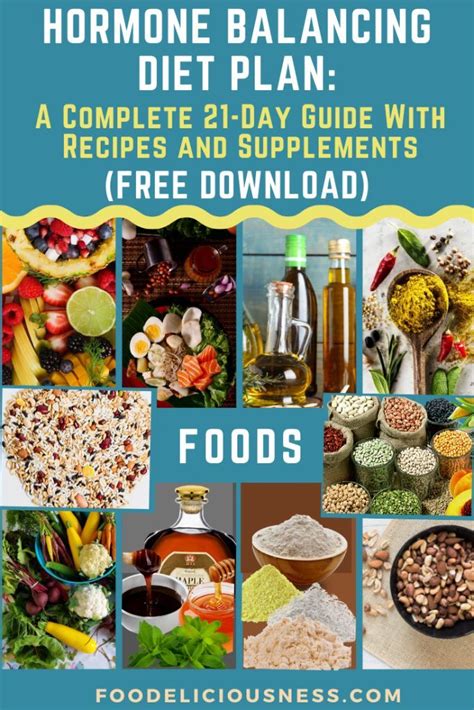How can men naturally boost testosterone for peak vitality & strength?

Understanding Testosterone’s Role in Men’s Health
Testosterone, often hailed as the cornerstone of male vitality, plays a crucial role far beyond just sex drive and muscle mass. This primary male sex hormone influences mood, energy levels, bone density, red blood cell production, and cognitive function. As men age, or due to various lifestyle factors, testosterone levels can naturally decline, leading to symptoms like fatigue, decreased libido, reduced strength, and mood disturbances. While synthetic treatments exist, many men are seeking natural, sustainable methods to optimize their hormonal balance and reclaim their peak vitality.
Boosting testosterone naturally involves a holistic approach, addressing diet, exercise, lifestyle, and even certain natural supplements. The goal isn’t just to increase a number, but to foster overall well-being and a higher quality of life. Let’s explore the evidence-backed strategies that can help men enhance their testosterone levels safely and effectively.

Optimize Your Diet: Fueling Hormone Production
What you eat directly impacts your body’s ability to produce hormones, including testosterone. A well-balanced diet rich in specific nutrients is foundational:
- Healthy Fats: Don’t fear fats! Monounsaturated and polyunsaturated fats (found in avocados, nuts, olive oil, fatty fish) are vital for hormone production. Cholesterol, the precursor to testosterone, is derived from dietary fats.
- Zinc-Rich Foods: Zinc is a critical mineral for testosterone synthesis. Incorporate foods like oysters, red meat, poultry, beans, and nuts into your diet.
- Vitamin D: Often considered a hormone itself, Vitamin D is strongly linked to testosterone levels. Fatty fish, fortified foods, and egg yolks are good sources, but direct sunlight exposure is the most potent.
- Magnesium: This mineral helps maintain free testosterone levels. Leafy greens, nuts, seeds, and whole grains are excellent sources.
- Limit Sugar & Processed Foods: High sugar intake can lead to insulin resistance and obesity, both of which are detrimental to testosterone production. Focus on whole, unprocessed foods.
Exercise Smart: Strength, HIIT, and Recovery
Physical activity is a powerful testosterone booster, but the type and intensity matter:
- Strength Training: Lifting weights, especially compound movements like squats, deadlifts, bench presses, and rows, stimulates a significant testosterone response. Aim for heavy lifts with proper form.
- High-Intensity Interval Training (HIIT): Short bursts of intense exercise followed by brief recovery periods have been shown to increase testosterone and growth hormone.
- Avoid Overtraining: While exercise is good, excessive or chronic endurance training without adequate recovery can actually lower testosterone. Listen to your body and prioritize rest.

Lifestyle Pillars: Sleep, Stress, and Sunlight
Beyond diet and exercise, daily habits profoundly influence hormonal health:
- Prioritize Quality Sleep: Testosterone production largely occurs during sleep, particularly REM cycles. Aim for 7-9 hours of uninterrupted, quality sleep per night. Sleep deprivation can significantly reduce T-levels.
- Manage Stress: Chronic stress elevates cortisol, a hormone that directly competes with and can suppress testosterone production. Incorporate stress-reduction techniques like meditation, yoga, deep breathing, or spending time in nature.
- Get Sunlight Exposure: As mentioned, sunlight is the best source of Vitamin D. Aim for 15-30 minutes of direct sun exposure (without sunscreen) several times a week, especially in warmer months, to boost both Vitamin D and potentially testosterone.
- Limit Alcohol Consumption: Excessive alcohol intake can interfere with testicular function and liver metabolism, both of which can lead to lower testosterone levels. Moderate consumption is key.

Natural Supplements: Supporting Your Efforts
While diet and lifestyle are primary, certain natural supplements can offer additional support. Always consult a healthcare professional before starting any new supplement regimen.
- Vitamin D3: If sun exposure is limited or blood levels are low, a Vitamin D3 supplement can be highly beneficial.
- Zinc & Magnesium: If dietary intake is insufficient, supplementation can help correct deficiencies that impact testosterone.
- Ashwagandha: An adaptogenic herb, Ashwagandha has been shown in some studies to reduce stress (cortisol) and improve testosterone levels, especially in men experiencing stress or infertility.
- Fenugreek: This herb contains compounds called furostanolic saponins, which may help increase testosterone by reducing its breakdown.

Conclusion: A Holistic Path to Peak Male Health
Naturally boosting testosterone for peak vitality and strength is not about a quick fix but rather a commitment to a healthier lifestyle. By focusing on a nutrient-dense diet, incorporating effective exercise, prioritizing quality sleep, managing stress, and considering targeted natural supplements, men can create an optimal environment for their bodies to produce testosterone. Remember, individual results may vary, and it’s always advisable to consult with a healthcare professional to assess your current testosterone levels and tailor a plan that’s right for you. Embrace these natural strategies to unlock your full potential for energy, strength, and overall well-being.










